a-B-C-D-e-F-G-H-i-JONESTOWN (2023)
Género : Documental, Drama
Tiempo de ejecución : 1H 17M
Director : Jan Bušta
Escritor : Jan Bušta
Sinopsis
A children's film about the largest mass suicide of the 20th century reconstructs the 1978 event. The Reverend Jim Jones forced nearly a thousand followers of his People's Temple sect to drink poison in the settlement of Jonestown, Guyana, South America. A third of them were children. Jan Bušta gives sadists, voyeurs, and necrophiliacs one minute to leave the cinema. His self-reflective documentary, which is the result of ten years of time-lapse filming, does not depict dramatic scenes. To the sound of an audio recording from that fateful day, we see a collage of child ghosts preaching about escaping the corruption of the world.
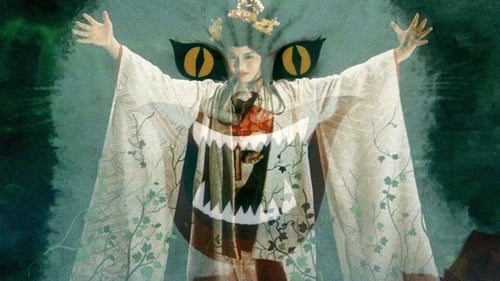
Siete chicas de instituto ven sus vacaciones chafadas cuando su profesor (Kiyohiko Ozaki) tiene que cancelar el viaje que tenía planeado realizar con ellas. Las cosas marchan incluso algo peor para Oshare (Kimiko Ikegami), una de las chicas, ya que recientemente su padre le ha presentado su nueva madastra (Haruko Wanibuchi), lo que no le ha hecho demasiada gracia. Mirando un álbum de fotos, Oshare se encuentra con la foto de boda de su madre a quien se la ve acompañada de su hermana (Yoko Minamida) quien nunca llegó a casarse ya que su prometido murió en la guerra. Oshare se pone en contacto con su tía y ésta la invita a ella y a sus amigas a pasar las vacaciones en su mansión en el campo. Cuando el grupo de chicas se presentan en la mansión, allí las recibe la tía de Oshare en sillas de ruedas y medio ciega. Muy pronto las chicas descubren que la mansión tiene vida propia.

A children's film about the largest mass suicide of the 20th century reconstructs the 1978 event. The Reverend Jim Jones forced nearly a thousand followers of his People's Temple sect to drink poison in the settlement of Jonestown, Guyana, South America. A third of them were children. Jan Bušta gives sadists, voyeurs, and necrophiliacs one minute to leave the cinema. His self-reflective documentary, which is the result of ten years of time-lapse filming, does not depict dramatic scenes. To the sound of an audio recording from that fateful day, we see a collage of child ghosts preaching about escaping the corruption of the world.

A musical horror story about two young women who are stalked through a shopping mall by a cannibal. He follows them home, and here the victims become the aggressors.
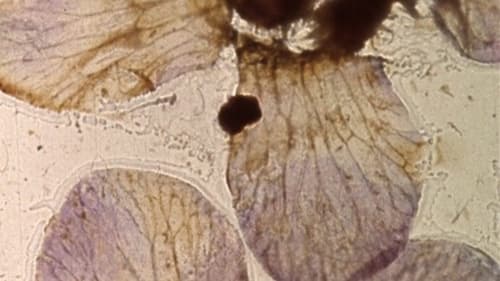
Seemingly at random, the wings and other bits of moths and insects move rapidly across the screen. Most are brown or sepia; up close, we can see patterns within wings, similar to the veins in a leaf. Sometimes the images look like paper cutouts, like Matisse. Green objects occasionally appear. Most wings are translucent. The technique makes them appear to be stuck directly to the film.

After a catastrophic global war, a young filmmaker awakens in the carnage and seeks refuge in the only other survivor: an eccentric, ideologically opposed figure of the United States military. Together, they brave the toxic landscape in search of safety... and answers.
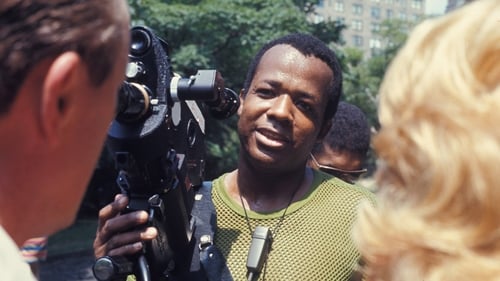
In Manhattan's Central Park, a film crew directed by William Greaves is shooting a screen test with various pairs of actors. It's a confrontation between a couple: he demands to know what's wrong, she challenges his sexual orientation. Cameras shoot the exchange, and another camera records Greaves and his crew. Sometimes we watch the crew discussing this scene, its language, and the process of making a movie. Is there such a thing as natural language? Are all things related to sex? The camera records distractions - a woman rides horseback past them; a garrulous homeless vet who sleeps in the park chats them up. What's the nature of making a movie?
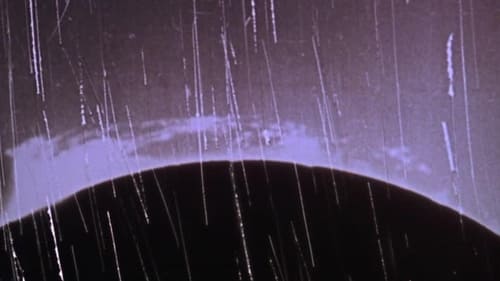
A creation myth realized in light, patterns, images superimposed, rapid cutting, and silence. A black screen, then streaks of light, then an explosion of color and squiggles and happenstance. Next, images of small circles emerge then of the Sun. Images of our Earth appear, woods, a part of a body, a nude woman perhaps giving birth. Imagery evokes movement across time. Part of the Dog Star Man series of experimental films.
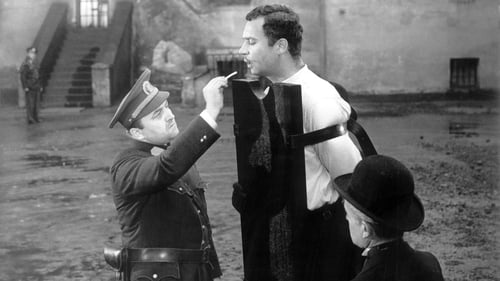
Un hombre se casa con una mujer, y ésta le es infiel. El hombre, por venganza, la asesina, siendo condenado a muerte... Aclamada película checa por su innovador sistema narrativo: todo el film está rodado al revés, comenzando por final y terminando con el principio, e incluso los diálogos están pronunciados a la inversa.
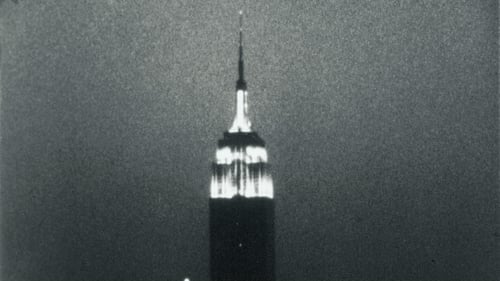
Experimental film consisting of a single static shot of the Empire State Building from early evening until nearly 3 am the next day.
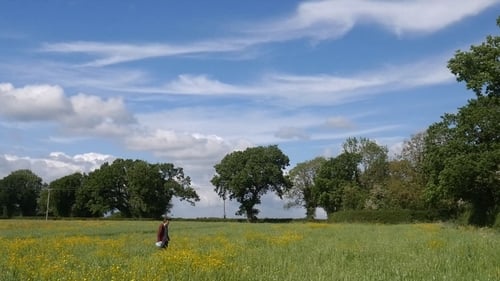
Dan, a guilt-ridden man attempting to escape a troubled past finds an oddly coloured stone whilst dumping incriminating items deep within the countryside. Soon after taking the stone, he begins to see visions and discovers that his deepest fears lie within himself.
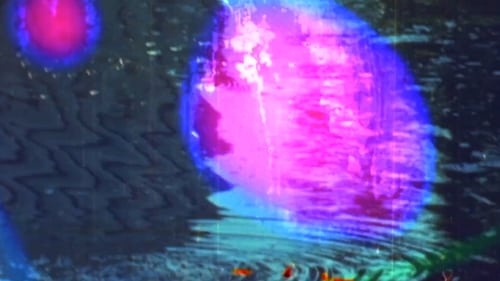
Tar pits form as petroleum seeps to the surface through fissures in the Earth’s crust, leaving viscous asphalt pools. To make Tar Pits Film, Jennifer West threw a strip of film into the La Brea Tar Pits in Los Angeles, still-bubbling asphalt pools which have seeped from the ground for tens of thousands of years. The film was then ridden over hot asphalt by a motorcycle and drenched in other substances including thick mayonnaise and body lotion.

Consistent stylistic-thematic structures link and merge throughout the bewildering event chain. The distinction between organic forms and human artifacts is blurred by the visual style which is enigmatic without being ambiguous.

100 basic images switching positions for 4000 frames.

A person spends most of their life mourning the things they have lost, unable to move on. They frequent a silent but helpful medium and embark on a spiritual journey where they linger among their past lives.

Begins with a picture of Marilyn Monroe, then shifts to a female body, shot from belly button down, which is wriggling under piles of cellophane.

Single frame exposures of words.

The enduring romance of the lines. A visual exploration of Dave Brubeck's jazz classic "Take Five".

Color test strip from developing tank.

Experimental filmmaker Rubén Gámez explores the iconography of the maguey plant in Mexican cinematic history.















